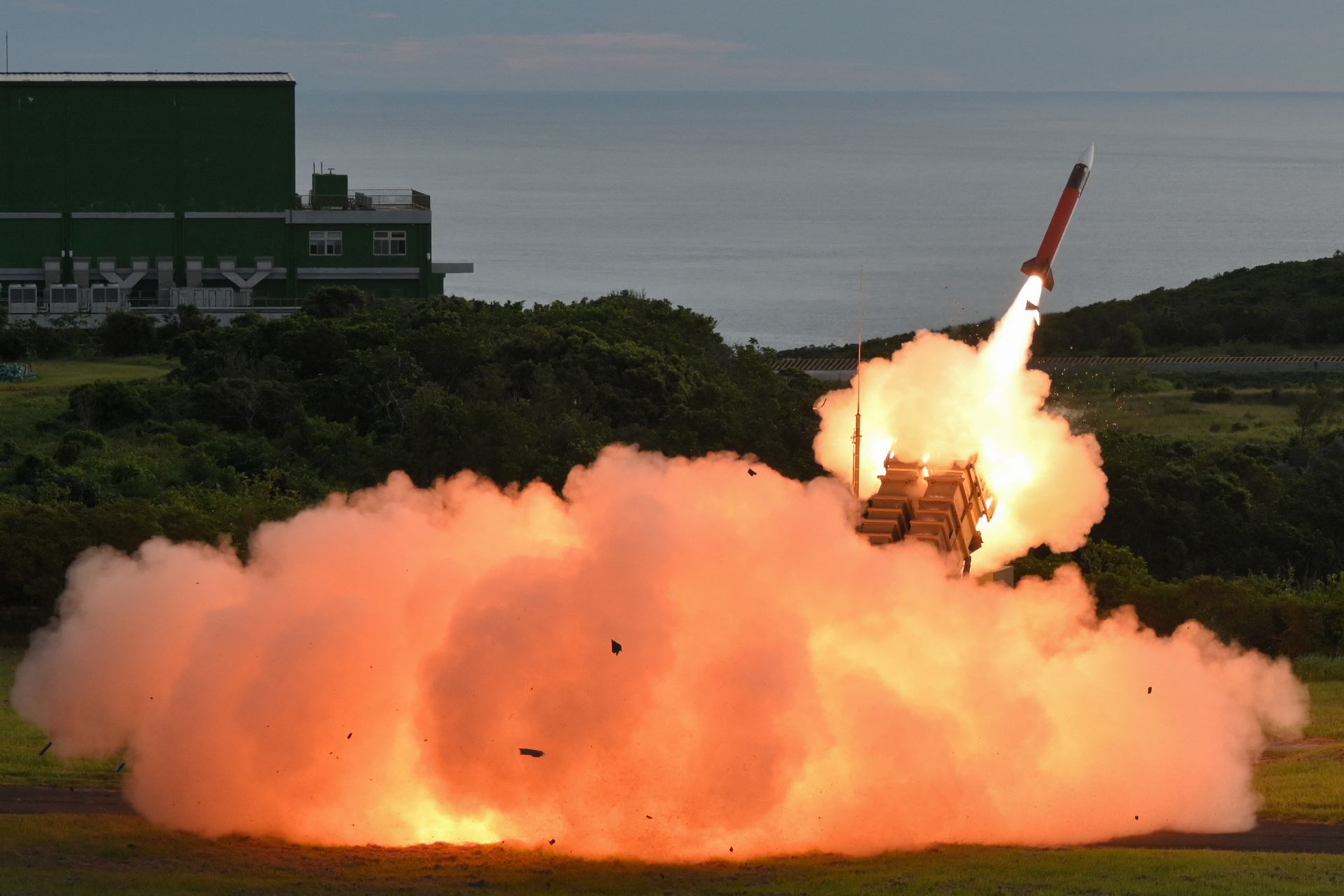China pledges deeper support for Russia amid Trump tariff threats

China vowed to deepen its alliance with Russia after U.S. President Donald Trump threatened to impose "severe" tariffs on Moscow's trading partners unless a Ukraine peace deal is reached within 50 days, the Telegraph reported on July 15.
Following talks with Russian Foreign Minister Sergey Lavrov in Beijing on July 15, Chinese President Xi Jinping declared that mutual trust between the two countries had "deepened" and called on both sides to "strengthen mutual support on multilateral forums."
Xi hailed the partnership as "a model for a new type of international relations."
The news comes just a day after Trump warned of imposing 100% tariffs on Russia if Russian President Vladimir Putin does not agree to a peace deal in Ukraine within 50 days.
During a press conference with NATO Secretary General Mark Rutte on July 14, Trump voiced his frustration, saying, "I speak to Putin a lot about getting this done, and then missiles are launched into Kyiv or some other city."
In recent weeks, Russia has ramped up missile and drone attacks across Ukraine, causing civilian casualties and damaging infrastructure.
Responding to Trump's threat, Kremlin spokesperson Dmitry Peskov said on July 15 the U.S. warning was "quite serious," but added that Moscow needs time to evaluate the statement.
Despite China's repeated claims of neutrality in the Russia-Ukraine war, its support for Russia's economy and defense industry has established Beijing as one of Moscow's most crucial partners.
According to Ukraine's sanctions commissioner, Vladyslav Vlasiuk, China has become the leading supplier of dual-use components used in Russian weapons production, enabling Moscow to bypass Western sanctions.

Ukrainian officials have reported finding Chinese-made parts in downed Shahed-type drones used in Russian attacks, including during a July 4 assault on Kyiv.
"China's role is increasing," Vlasiuk said on July 7, adding that Beijing is capable of replicating some American technologies and has escalated exports of key materials to Russia.
President Volodymyr Zelensky imposed sanctions on five Chinese companies linked to supplying drone components, citing national security concerns.
Earlier this month, the South China Morning Post reported that Chinese Foreign Minister Wang Yi told EU official Kaja Kallas that Beijing "cannot afford for Russia to lose the war," fearing that a Russian defeat would shift U.S. focus to China.
Wang has dismissed accusations of aiding Russia militarily, framing China's support as "non-lethal."
In April, Zelensky claimed that Chinese nationals were found fighting alongside Russian forces in Donetsk and accused Beijing, alongside Iran and North Korea, of arming Moscow.
Amid growing alignment between Beijing and Moscow, Xi and Putin are expected to meet in September at the Shanghai Cooperation Organization summit in China.
In June, Bloomberg reported that Trump was scaling back pressure on China over its support for Russia's war effort, shifting his administration's focus toward other facets of the U.S.-China relationship.












